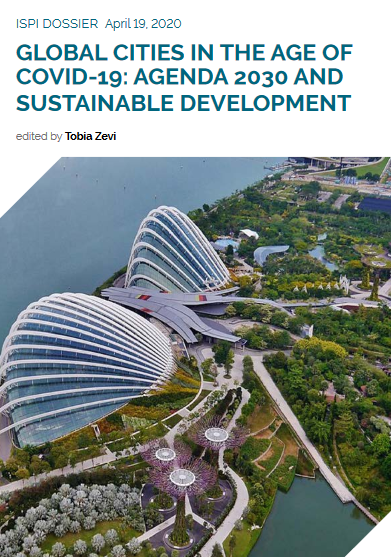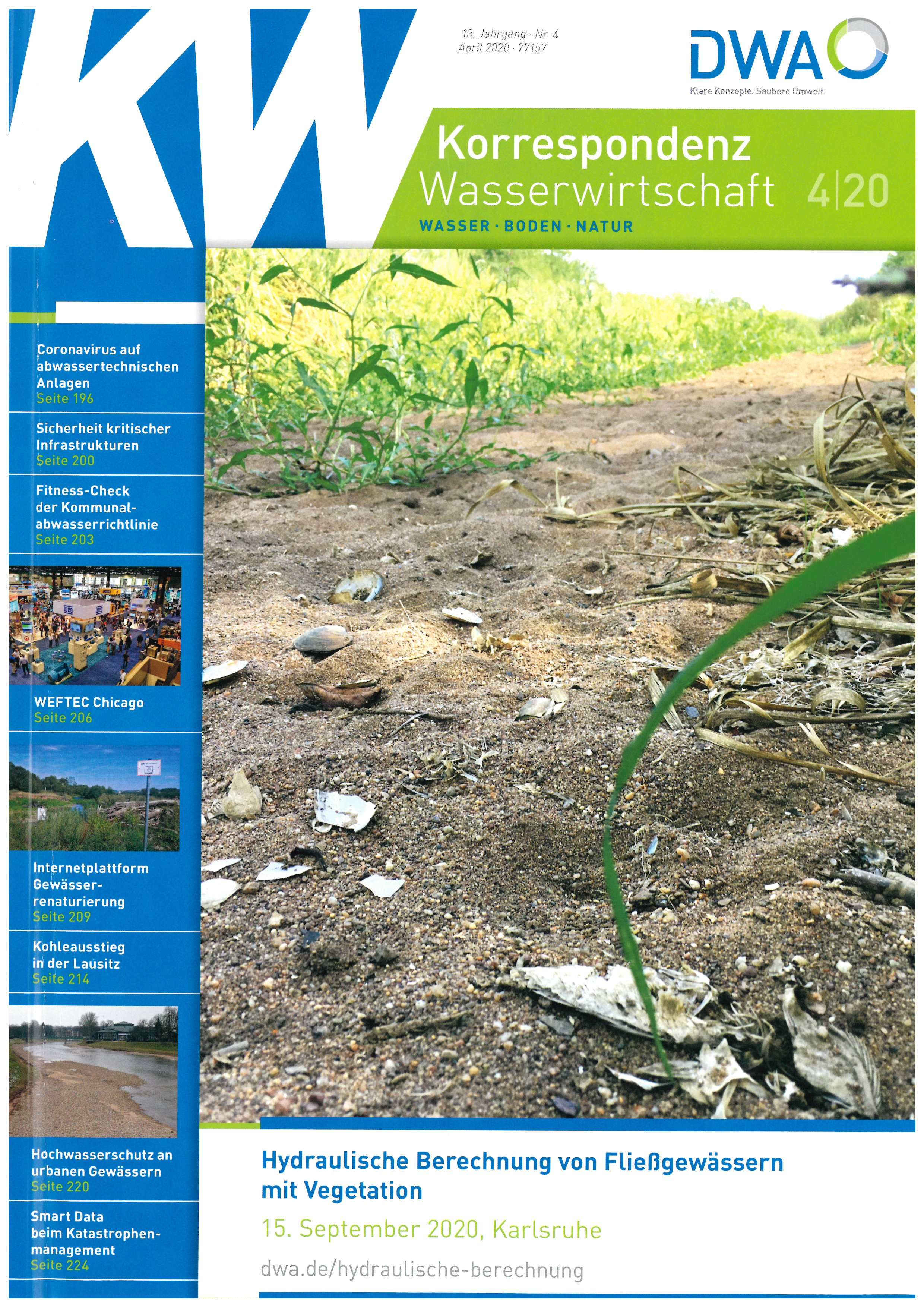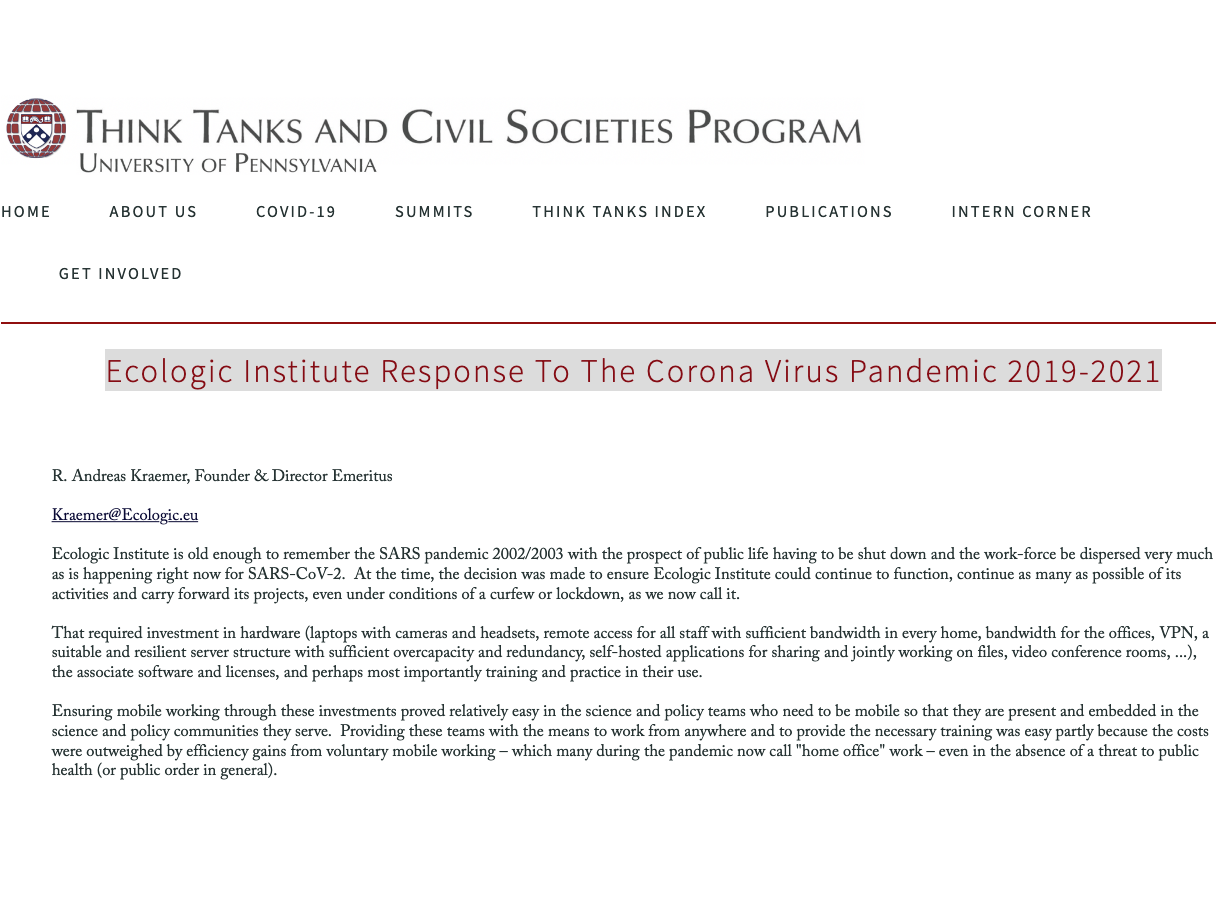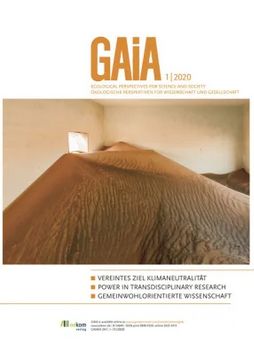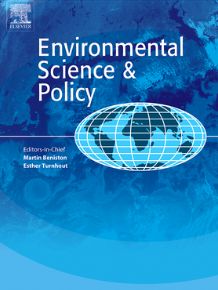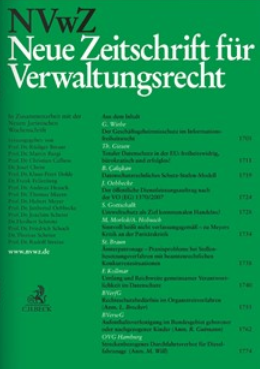Publication:Article
Publication:Article
Publication:Article
Publication:Article
Mehr Aufmerksamkeit für gewässerökologische Maßnahmen
Umweltbundesamt startet Online-Informationsplattform zu Renaturierung von Fließgewässern
Year
Read morePublication:Article
Publication:Article
Publication:Article
Publication:Article
Circular economy und Nachhaltigkeitsinnovationen
Forschungsergebnisse mit der Praxis diskutieren
Year
Read morePublication:Article
Publication:Article
Enhancing the Capacity of Water Governance to Deal with Complex Management Challenges
A framework of analysis
Year
Read morePublication:Article
Publication:Article
Publication:Article
Sieben auf einen Streich
Regionale Ernährungsstrategien als Schlüssel für eine nachhaltigere Stadt-Umland-Kooperation
Year
Read morePublication:Article
Publication:Article
